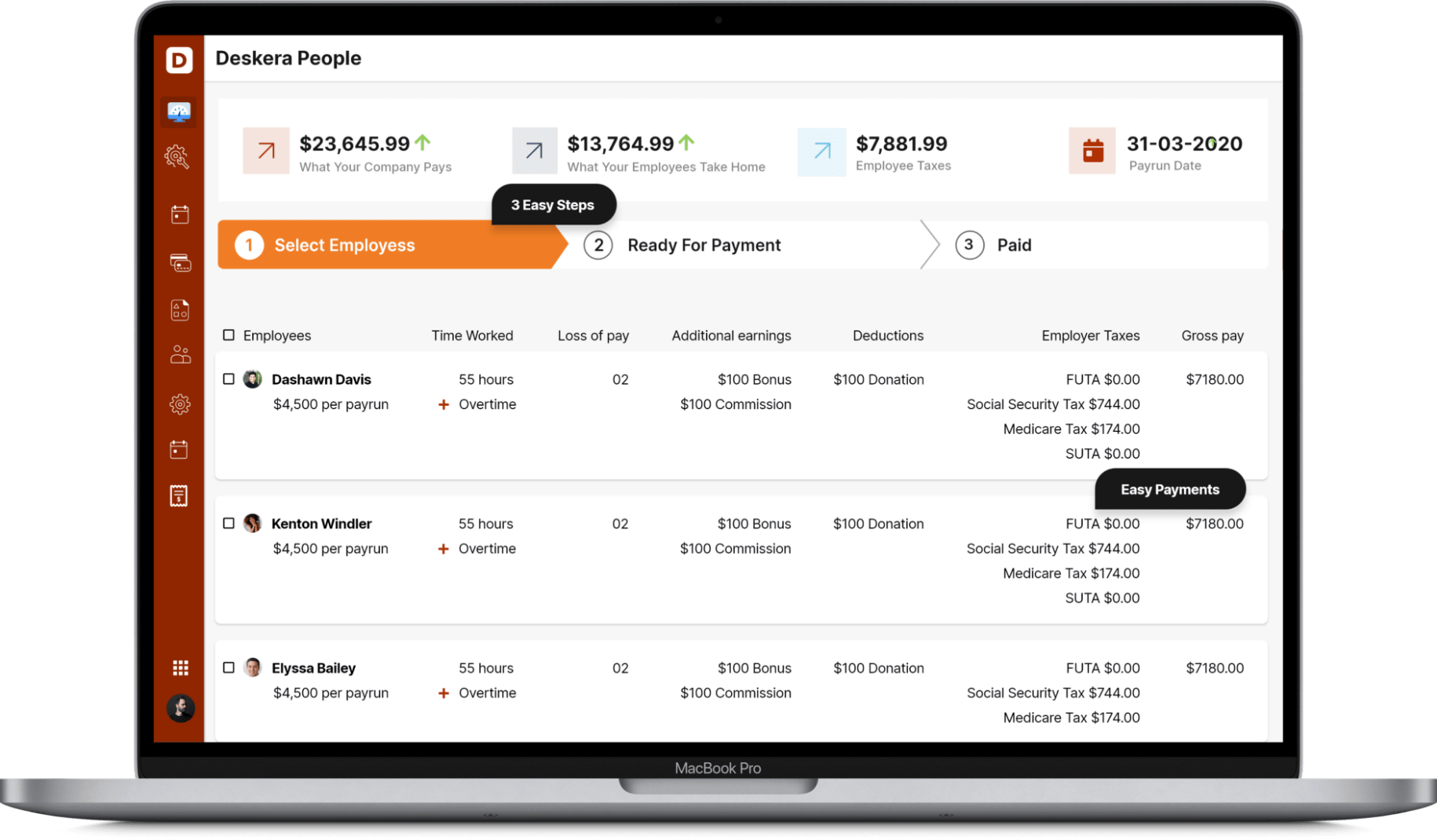Regardless of your job or business, there isn't always enough time in the day to get it all done. Hence, you feel as if you are falling behind constantly. That's not healthy for either your productivity or your health.
So, what's the solution? Working longer hours?
No, not always!
Instead of putting in the extra hours, you might become more productive at work by concentrating on what is truly important. And you can get started right now by following these simple guidelines.
Here are the things we will cover in this article:
- Why should you work smarter, not harder?
- How to work smarter, not harder
- Improve Your Time Management Skills.
- Establish a morning routine.
- Keep your to-do list short.
- Establish a closing routine.
- Measure your results, not your time.
- Enhance your communication skills.
- Work in 90 to 120-minute blocks.
- Focus on one task at a time.
- Set short deadlines.
- Final Thoughts
- Key Takeaways
Let's start!
Why should you work smarter, not harder?
There are various reasons why it is critical to work smarter rather than harder.
Smarter working:
- Working in brief spurts, for example, permits you to complete demanding jobs with more energy and create better outcomes.
- It pushes you to simplify procedures and merge jobs, saving you time and money.
- It boosts motivation by instilling confidence in your career, colleagues, and yourself.
- Companies are constantly seeking methods to do more with less effort, and working smarter, not harder, can help you save essential resources for your firm.
- Working smarter helps you produce a high-quality product with less effort, which naturally boosts your self-esteem.
How to work smarter, not harder
Here are some suggestions for you to help you perform more effectively:
Improve Your Time Management Skills
Here are a few guidelines for you that may help you manage your time more effectively when it comes to time management.
For example, while establishing a high-priority job, you must turn off your phone and ignore your email to focus on one work at a time. Then, you must forsake all notions of multitasking since they will slow you down and disrupt your concentration. Finally, establish a fair timetable and do all possible to fulfill it. Using a Mac time tracker can further support your time management efforts by helping you monitor how effectively you adhere to your schedule and make adjustments as needed.
Time management does not have to be difficult, but it must be consistent. So you must have a plan in place.
Establish a morning routine
Make sure you start your day the same way each day. This might be as simple as going for a quick walk before sitting at your work or as complex as starting your day by reading a book for professional growth. Meditation may be an excellent way to begin your day. Studies have shown meditation to promote focus, improve mood, and ease stress and anxiety.
Keep your to-do list short
Maintain a brief to-do list and concentrate on three to five vital and tough chores for the day, your most significant tasks that, once finished, will make you feel incredibly productive. Concentrate on these responsibilities one at a time before moving on to less significant ones.
Establish a closing routine
Just as you should have a pattern for starting your day, you should also have a schedule for ending your day, as this will set you up for a fantastic start in the morning. Start by creating a list of the top 2 to 5 chores you wish to complete the following day. Then, tidy up your stuff and put away any misplaced objects when you're finished. You should also back up your PC.
Measure your results, not your time
Maintain a continuous record of everything you achieve throughout the day. You will feel more driven and accomplished because of this. In addition, this list makes it simple to recognize your successes and forecast how long comparable chores will take in the future.
Enhance your communication skills
Prioritize improving your communication and teamwork abilities. Begin by honing your active listening skills and being on-task and on-topic while speaking with others. For instance, keep it short and simple when sending emails to a colleague.
Work in 90 to 120-minute blocks
Studies show that your brain can focus best for 90 minutes at a time. Therefore, try to take more breaks and divide your workday into 90-minute or two-hour segments. This will help you increase your work effectiveness by leveraging your brain's natural attention capability. Also, stick to your break plan and stay focused on your job during your 90-minute work intervals. At these times, it's a good idea to turn off your email and put your phone on quiet.
Focus on one task at a time
According to studies, switching from one job to another wastes time because of the time it takes your brain to switch activities and alter its concentration. So resist the urge to multitask. Instead, devote your full concentration to one activity until you complete it or you are ready to move on for the time being.
Set short deadlines
According to Parkinson's Law, work expands to occupy the time available for completion. Therefore, while you should always establish acceptable deadlines for your business, try finishing projects in shorter time frames. This strategy will frequently boost the efficiency with which you can complete them.
Final Thoughts
Working intelligently is the most beneficial thing you can do for yourself. It will benefit your business, relationships, and sanity. But unfortunately, it is easy to believe that putting in the most effort would cause the greatest benefits.
Adopting sensible working methods will provide several rewards. Your calm, leisurely work style will impress your boss and coworkers. Another significant benefit of working smarter is that your mental health will improve. Reducing stress in the workplace will benefit both you and others around you.
Working smarter and harder does not have to be mutually incompatible. Working smarter is not a method of arranging your job so that you may put your feet up. You must continue to work hard at the same time. Some people find it easy to work smarter, while others struggle. There's no reason to work 24 hours a day, even if possible. Learn some time-saving techniques to help you live a more fulfilling life.
How Deskera Can help You?
Deskera People provides all the employee's essential information at a glance with the employee grid. With sorting options embedded in each column of the grid, it is easier to get the information you want.

Key Takeaways
- Working smarter, not harder, may boost your efficiency and quality while enhancing overall happiness
- It saves energy
- Improves productivity
- Improves motivation
- It increases your worth
- Improves self-esteem
- Here are some simple tips for you on how to work smarter, not harder:
- Improve Your Time Management Skills
- Establish a morning routine
- Keep your to-do list short
- Establish a closing routine
- Measure your results, not your time
- Enhance your communication skills
- Work in 90 to 120-minute blocks
- Focus on one task at a time
- Set short deadlines
- Working wisely is the most helpful thing you can do for yourself. It will help your company, relationships, and sanity. It is all too easy to fall into the trap of assuming that putting in the most effort will cause the biggest rewards
Related Articles












